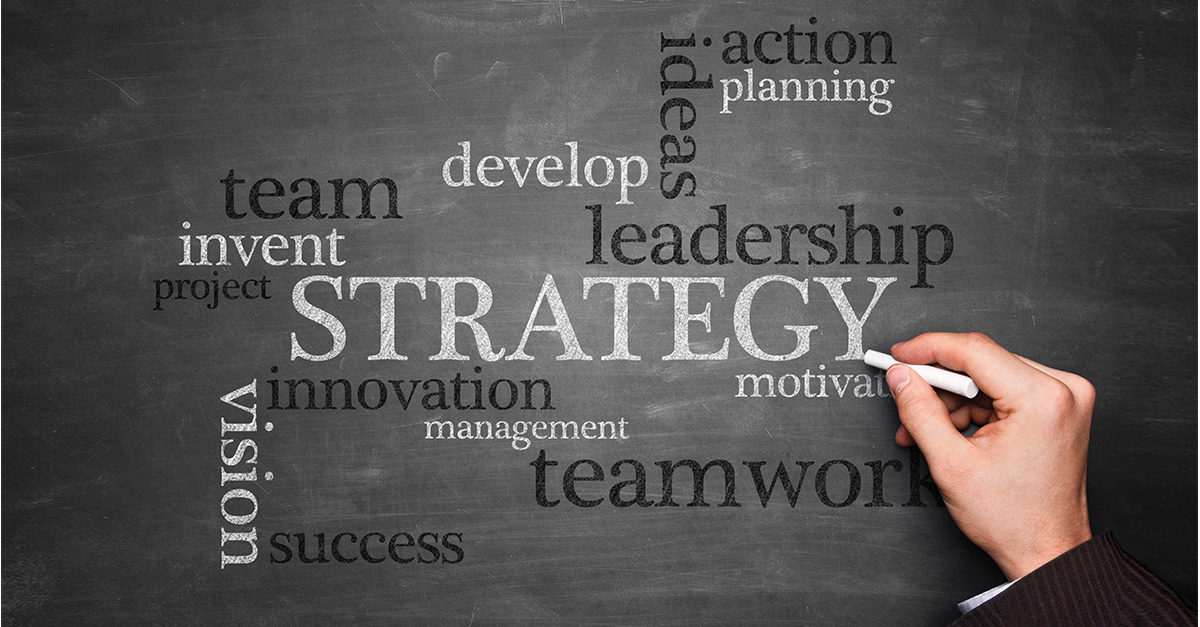We live in uncertain times; it is very challenging to navigate through some confusing and difficult market conditions. What makes it doubly challenging is the lack of focused energy in some organizations rife with underperforming leadership, management, and systems.
We have a tendency to watch, react, and attempt to win against our competitor without understanding the greatest threat to our success: deficiencies of our own organization.
Fire Fights vs. Strategic Thinking
Too many organizations constantly react to complaints or service deficiencies as opposed to preparing and training the organization on systems discipline. Goals are poorly designed and urgency overwhelms important action. Operations display activities rather than tested and proven processes.
When these problems become noticeable, it’s time to effectively align the organization’s strategic and operational goals. The key to awakening this required change is to build process evaluation for improvement. Analyzing recurring service breakdowns requires a robust systems review to surface the critical issues driving the deficiencies. Only at this time can meaningful strategies take place.
An organization can realign itself based on what it learns during the systems review process, resulting in clear coordinated activities and standards of performance. Only when an organization is prepared to develop operating and service standards can it reap the valuable reward of continuous improvement. Core processes must be given top priority where high payback is the norm.
Sustaining Customer Value
In the cleaning industry there are two core processes strategically focused on customer value: the organization’s cleaning system and service strategy. These are represented in what lean practitioners refer to as “the gemba.” The word gemba is derived from two Chinese words: “gem,” meaning specific work, and “ba,” meaning the workplace; however, there is no English equivalent.
“The gemba is the assembly of critical resources and the flow of work that contribute to those efforts that directly add value to the customer,” according to the late author Peter Scholtes.
The two core processes mentioned previously that make up your gemba—the organization’s cleaning system and strategy—require more attention than your competitor. If you can maximize effectiveness in the gemba, don’t worry about competition. The key is to know what makes up and supports your organization’s gemba. This is the ultimate principal in systems thinking: primary processes and sub-processes forming a high-performing system and anchoring the value stream.
Think of it this way: Facility service is not a core process of your customer—but it is to you. Your organization does what it does best, and the customer does what it does best. Facilities are not built to maintain organizations; they’re built to house an organizational mission. Therefore, what is noncore to your customer is core to you.
Go See for Yourself
Some senior managers, too often, blindly believe what they are told about a major problem or deficiency, and thus, contribute to ineffective closure. However, you can’t manage from behind a desk. Management must go to the workplace of service delivery and observe the processes objectively.
If we look at the management publication The Toyota Way as a learning resource, we find the automobile company trains all levels of managers to deeply understand the process flow and standardized work, as well as to have the ability to quickly evaluate and analyze ancillary issues. They encourage management to spend the necessary time thoroughly analyzing a problem and then rapidly implementing a solution. We have worked with organizations that look at surface indicators and attempt to solve a nonproblem. Problem definition precedes solution.
The Service Strategy
The service strategy you develop should be designed to create sustained customer satisfaction and feedback for improving the cleaning system. This takes a considerable amount of training. In today’s marketplace, effective customer relations management is becoming an art form. Many customers are under pressure from within their organization and some place way too much emphasis on cost of service.
The Cleaning System
The design of your cleaning system needs to meet certain criteria. It should have clearly defined processes, a highly-disciplined training program, and should also be measurable, teachable, repeatable, and systematically improvable.
In 25 years as consultants, we have recognized there are two basic cleaning systems: zone and team specialists. All others are variations from these.
In future issues of Cleaning and Maintenance Management, we will address some differences between popular systems. Although the cleaning systems are different, the key is to embrace a system that sets a base standard for improvement.
In order to attain a sustainable service, we need to reach a high level of performance and put disciplined practices in place to keep it there.
Jim Harris Sr. is founder and CEO of Concepts4 cleaning consultants. He can be reached at [email protected]. Jeff Merrihew is a senior consultant and technical advisor with Concepts4 and can be reached at [email protected].
Solutions for Service Delivery
If your organization is looking to improve service delivery and implement a standardized system, ISSA, the worldwide cleaning industry association, offers several educational opportunities that can help:
- Workshops to help you learn about and certify your organization to the Cleaning Industry Management Standard (CIMS): www.issa.com/cims
- Training courses covering different types of cleaning system design and processes, from project cleaning to speed cleaning: www.issa.com/csd
- Workshops from the Cleaning Management Institute (CMI) that certify cleaning professionals to implement cleaning procedure training for their operations: www.cminstitute.net/train-the-trainer



